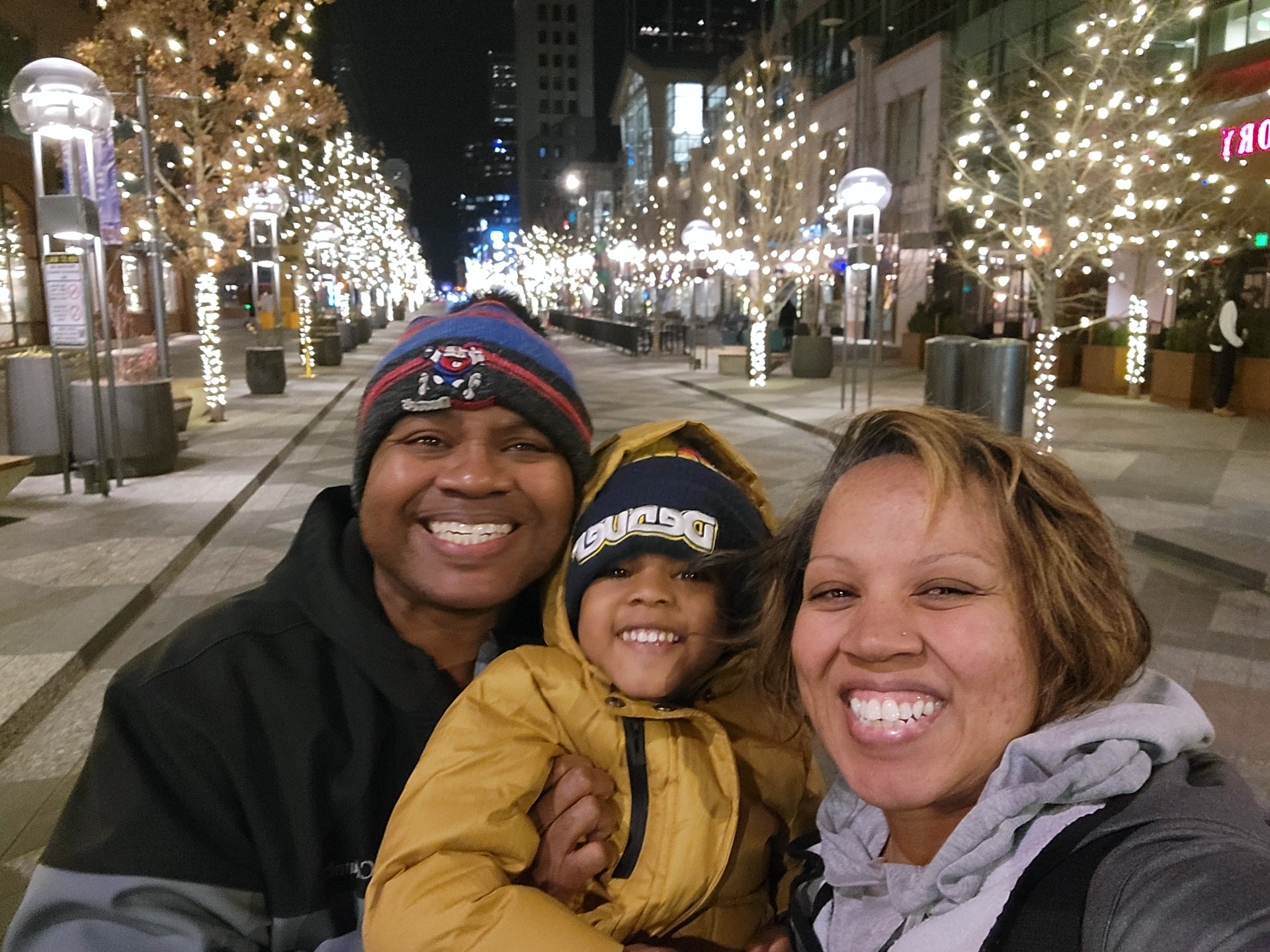“You cut off the crusts?” He looks up at me like I am the first star in the evening sky, as though he said his star-light-star-bright rhyme and got his wish. “I has to tell you, you are an excellent mommy.”
Oh dear, I think. Excellent?
My mind flashed to all the things I’ve done (hurried instead of waited, spoken too harshly, had irrational expectations, tried to sleep in on Saturdays) and all the things I haven’t (meal planned, organized elaborate field trips, taught them to fold tee-shirts according to the KonMari method).
I have no idea what qualifies as “excellent” in the Consumer Reports Guide to Parents, but I have my suspicions.
I understand he did not say perfect, and also, he is 4. But I have an extraordinary ability to freak out even when things are going well. It’s a gift, really.
Here is what I need to hear, when my brain is weighing and measuring and trying to decide if I pass the parenting qualification exams:
Dear Self, that is not your job description. Your job is about relationships, not regulations. Your job is to know your children for who they are; to love and celebrate them as they are; to listen to what they say; to see who they are becoming; and to point them toward what matters.
That’s it. That’s the whole thing.
It doesn’t even have to include the stuff like “feed them” and “clothe them” and “have developmentally appropriate expectations” because when you love someone, you want them to be nourished and whole. And when you know someone, you learn what they need.
Know, love, listen, see, guide, and the rest is done and done. I guess it’s still a kind of checklist, but it’s a pretty squishy one:
They need to be known.
Start by just knowing your kids. Knowing is harder than it sounds, because the selves they are today are just a little bit different than the selves they were yesterday, and you have to stay present to keep knowing them. But start there.
Your job is to find out who they really are, now, today. Help them find out too. Don’t try to control them, don’t try to change them. They were made how they were made on purpose. They are who they are for a reason.
You can get off track quickly here because there are all these ideas floating around about what it means to have a kid like this or like that. That’s all just noise. Tune it out. Your child is who she is, and that is no mistake.
They aren’t going to be flawless, without rough edges. They aren’t going to be all polish and shine. (Neither are you.) Shine is just an outside coating.
You want to know them, and you want them to believe that they are worth knowing.
They need to be loved.
Your job is to love and celebrate your kids, as they are. It’s easy when they’re tiny and soft and made entirely of milk-breath and dewy eyes, or when they’re sleeping. But the other times you might have to remind yourself. It is your honor to cheer them on as they become more of who they already are.
This means you have to clear out your own gunk before it gets in the way of their growth. (Or at least as soon as you notice it putting up roadblocks.) Things like old coping mechanisms, bad habits, your tiny little desire to be in control of all the things, and your tendency to pass judgment on situations that result in being wet or sticky. You have to be your best self so you can celebrate your kids’ best selves.
You want them to know acceptance because when you know you’re accepted, you know you are enough.
They need to be heard.
Listening is brave, because it means you don’t think you have all the answers. Listening takes the most work of anything in your job description
If you want to know who they are, you have to hear what they think. You have to hear how they feel. You have to hear what they have to say: the ideas, the opinions, the long stories about the dream they had last Thursday. Listening shows that their feelings are important. Listening shows that you understand they are not just an extension of you. Listening shows that you know you have something to learn.
Listen because when you know you are heard, you know you matter.
They need to be seen.
Watch for who your kids are becoming. Watch for glimmers of what’s next, of where they are headed and who they will be when they get there. Keep an eye toward the next version of them, toward the selves they’re growing into.
You know they have a purpose, so help them to be on the lookout for the pieces that purpose is made of: where their passions lie; what brings them joy; what problems they want to solve; the unique ways they have of seeing the world.
Let them see you believing in their becoming, because becoming new means you are fully alive.
They need to be pointed in the right direction.
Point them towards what matters – like a sign post. This way! They will choose whether or not to follow but do your best to be a reliable guide. And this is where you have to be flexible because some of what matters is the same forever, and some of what matters changes on the daily.
Some days everything matters, and some days nothing much matters. Plus, what matters to you might not matter to anyone else, and what matters to everyone else might not matter to you. And you’re going to change your mind from time to time. So you have to proceed with grace. But you can point them toward hope on the long, hard days when all that matters is ending the evening well. On other days, you can point farther.
Every day, you can point them toward love. Teach them that they are loved. Teach them that there is no condemnation, no shame handed out in this family. Teach them who needs love (everybody) and who matters (everyone, everywhere).
Point them toward relationship. Teach them about living in community because that is what family is – a tiny community, their first ecosystem. Teach them about interdependence, about how we help carry each other.
Point them toward listening. Teach them to listen to their own body and mind and spirit, to listen to their feelings, to listen for their own voice and for the voice of truth.
Point them toward taking up the space they have been given. Teach them to use their voice, to tell the truth, to speak love. Teach them that when something feels wrong, to say so. Teach them to say what they see.
Point them toward practice. Teach them that life is not a test. Life is practice. Every day, practice. Every choice, practice. Mistakes mean we’re human, and practice means we get to try again.
Point them toward grace. Teach them that grace is reaching for us. Teach them that grace is something we extend and something that extends us. Show them that grace means we can live in peace, and that grace means we are held. Teach them that all is well, and all will be well, and all manner of things will be well one day — and that if today is not that day, then grace will carry us into tomorrow.
Point them toward truth. Point them toward goodness and compassion and mercy and justice and paradox and mystery and endurance and adventure and beauty. Teach them to be brave and to be kind. Remind them that they already are both of those things, and that now they get to practice.
And so, of course, do you.
Melissa Camara Wilkins lives with her husband and six kids in Southern California. She writes about being who you were made to be and letting go of the rest at melissacamarawilkins.com. You can also catch up with her on Facebook and Instagram. This story was originally published on her blog.




